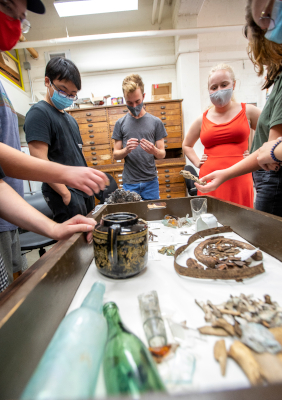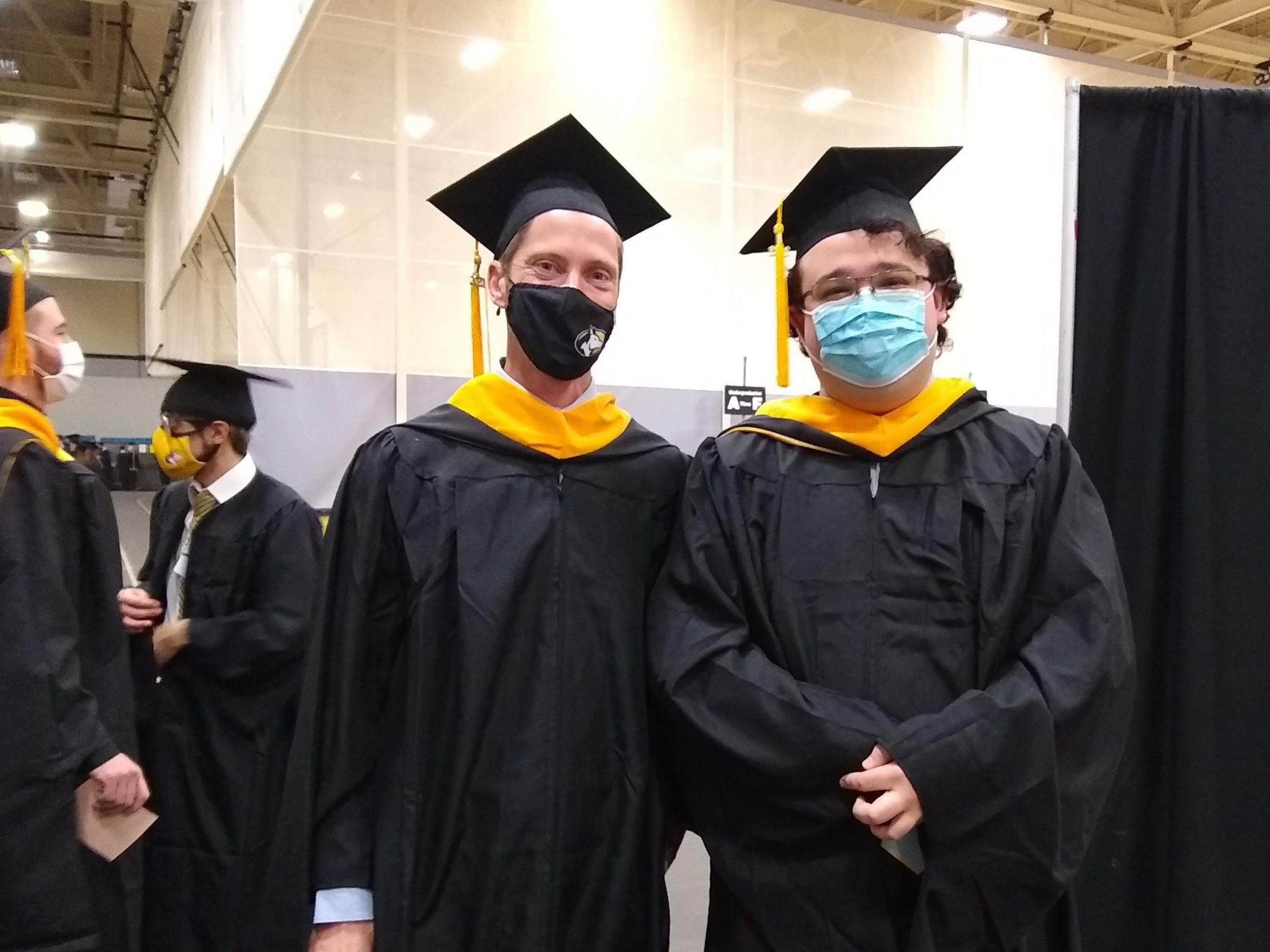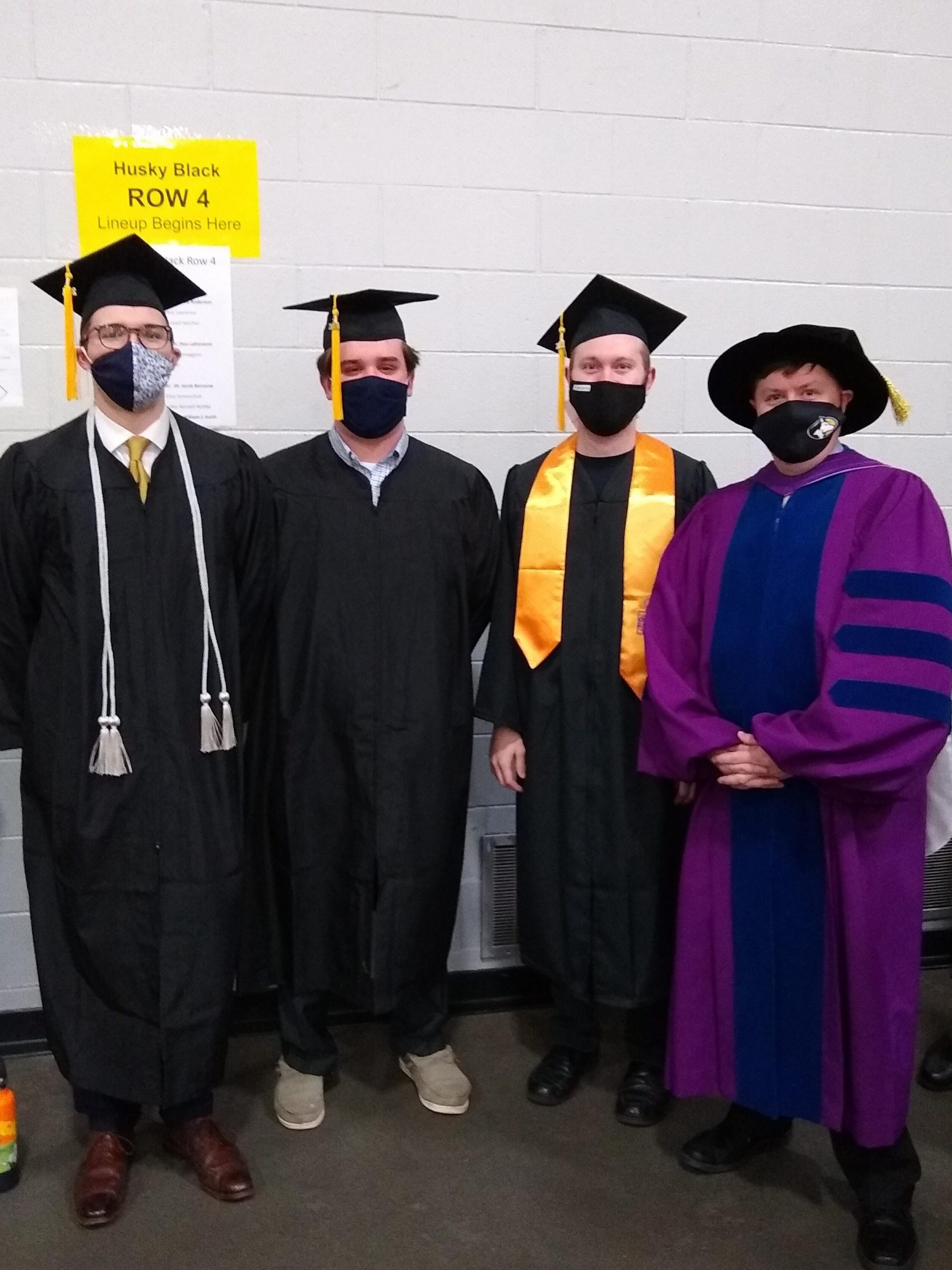Adam Wellstead is the lead author of a study published in Current Opinion in Environmental Sustainability.
The paper, titled “Finding the sweet spot in climate policy: balancing stakeholder engagement with bureaucratic autonomy,” discusses the role of bureaucratic autonomy and stakeholder engagement in the climate change policy process and the “sweet spot” between both — which differs from country to country depending on administrative tradition and policy style.
Robbert Biesbroek of Wageningen University in The Netherlands is a co-author of the paper.



